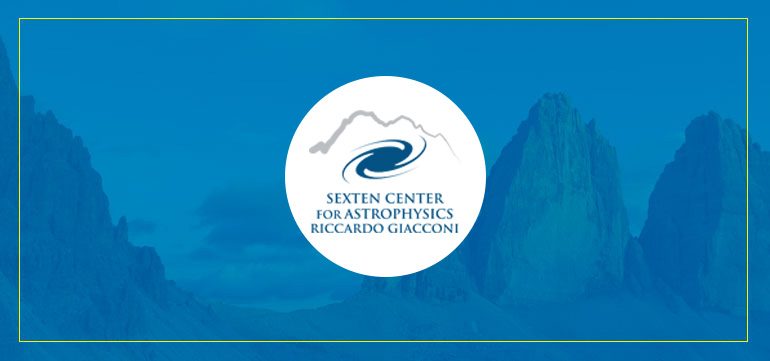
Stellar N-body Dynamics
LOCATION: Sport & Kurhotel at Bad Moos - Via Val Fiscalina 27, 39030, Sexten
DETAILS
Dense, self-gravitating stellar systems such as young star clusters and globular clusters are natural laboratories for studying stellar dynamics in extreme environments, with a rich interplay of diverse physical processes that occur on a range of timescales: Stars of different masses evolve towards a remnant state on an evolutionary timescale; stars exchange energy through direct gravitational interaction on a relaxation timescale (shorter than the Hubble time for most of the galactic globulars); binaries may form, be disrupted, or exchange energy in interactions with individual stars; stars may undergo direct physical collisions and merge. All of this happens while the gravitational tidal field from the parent galaxy (Milky Way) changes as the clusters move along their orbits. The rich dynamics can lead to the formation of unusual objects, such as blue stragglers, cataclysmic variables, or intermediate-mass black holes.
Despite the classical nature of research into dense stellar systems, the topic continues to be at the forefront of astronomy. Recent progress has been active on the front of both observations, in particular thanks to the Hubble Space Telescope which is capable of resolving stars in the crowded inner cores of these systems, and of numerical modeling, with an active community working on increasingly realistic simulations.
This conference will bring together experts in computational N-body dynamics and in observations of dense stellar systems.
The goal will be the discussion of recent advancements, prospects for the next leap forward thanks to the future generations of codes and supercomputer, and comparison with the growing datasets on young star clusters and globular clusters observed by Hubble.
A special guest of the conference in occasion of his 80th birthday will be Dr. Sverre Aarseth.
RELATED FILES
No files available yet.
FEE
To be defined
WORKSHOP CODE FOR PAYMENT
ORGANIZERS
Scientific Organizing Committee: Dr. Michele Trenti (University of Cambridge, UK; Chair) Dr. Christopher Tout (University of Cambridge, UK; Co-Chair) Prof. Douglas Lin (University of California, Santa Cruz, USA) Prof. Mark Gieles (University of Surrey, UK) Prof. Douglas Heggie (University of Edinburgh, UK) Prof. Jarrod Hurley (Swinburne University, Australia) Prof. Steven McMillan (Drexel University, USA) Prof. Simon Portegies Zwart (Leiden University, Netherlands)
Contact person
Michele Trenti Institute of Astronomy University of Cambridge Madingley Road Cambridge CB3 0HA United Kingdom
E-mail: snb14@ast.cam.ac.uk
